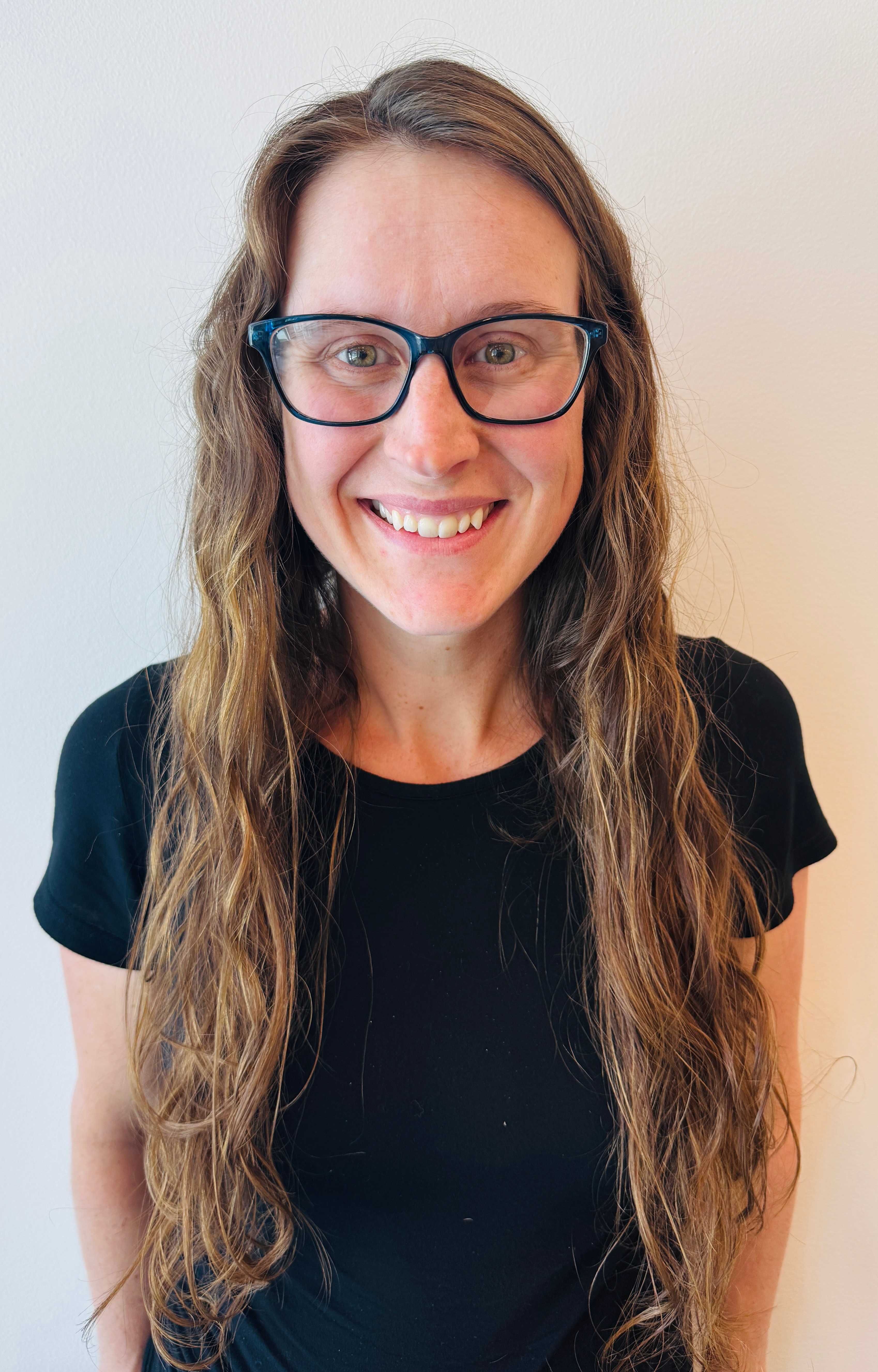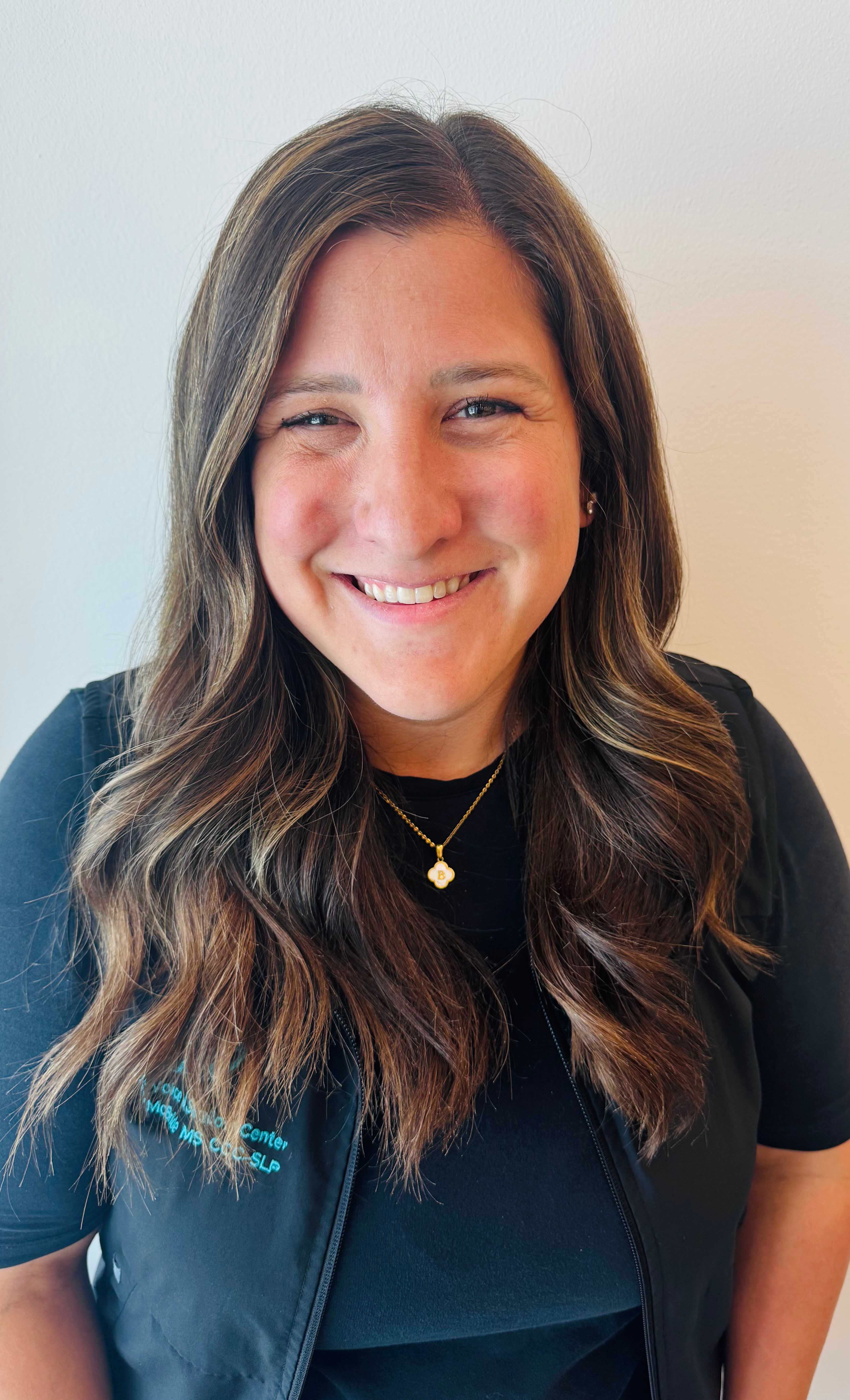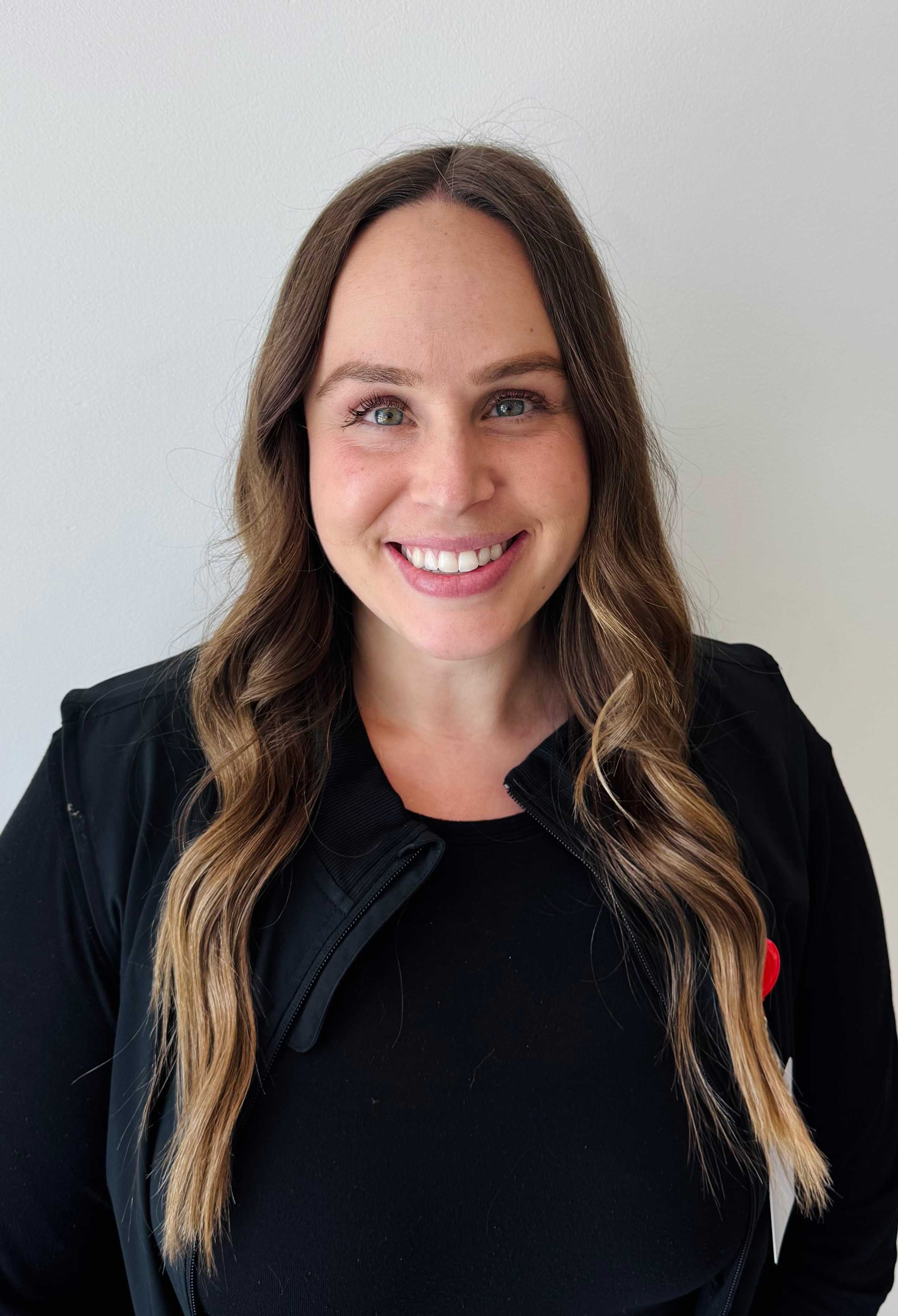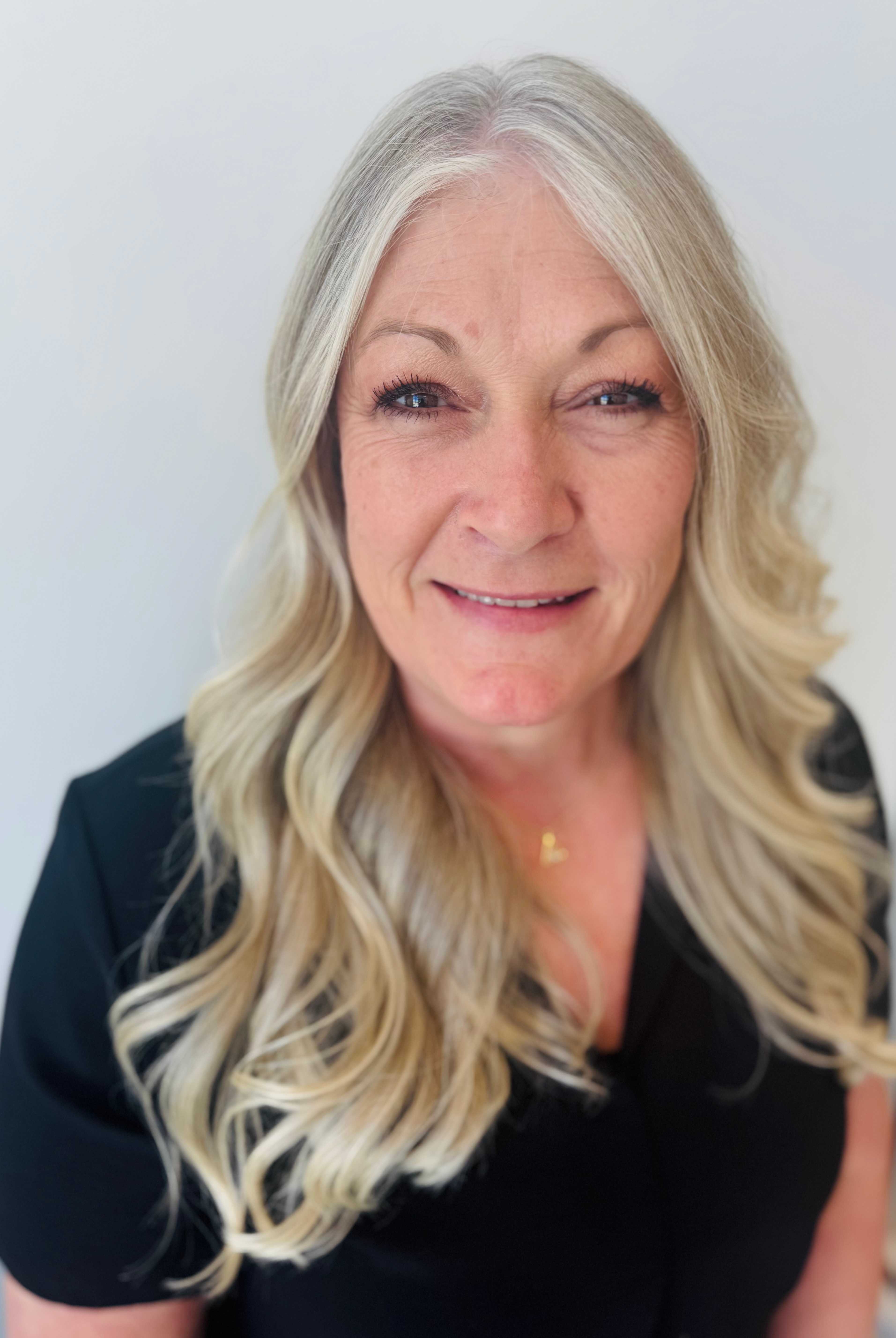Conditions Treated
We specialize in diagnosing and treating a wide range of conditions, including voice disorders, swallowing difficulties, chronic cough, and laryngeal sensory neuropathy, ensuring comprehensive care for your vocal and swallow health.
Chronic Refractory Cough Or Throat Clearing
Do you find yourself constantly coughing or clearing your throat, even though you don't have a cold or any other respiratory illness? Chronic refractory cough or throat clearing can be frustrating and even debilitating, but there is hope.
Symptoms
- Frequent coughing: Individuals with chronic refractory cough often experience a persistent, non-productive cough that interrupts their daily activities and sleep.
- Throat irritation: The constant coughing or clearing can lead to throat irritation, soreness, and discomfort.
- Breathing difficulties: Some individuals may experience shortness of breath or wheezing as well.
Diagnosis and medical evaluation for chronic refractory cough
In cases where the underlying cause is complex or difficult to diagnose, your healthcare provider may refer you to Idaho Voice and Swallow Center, or you may choose to consult with us on your own.
We offer the evaluations and experience to help you on the road to relief.
Vocal Quality Change
If you've noticed a change in your vocal quality, whether it be hoarseness, strain, or weakness, it can significantly impact your ability to communicate effectively. It's essential to understand the underlying causes.
Several factors can contribute to these changes, including vocal cord damage, vocal nodules, vocal polyps, muscle tension dysphonia, and even certain medical conditions like acid reflux or allergies. To accurately diagnose the issue, a thorough examination by a qualified voice specialist is crucial.
We will help to develop a personalized treatment plan tailored to your specific needs and goals.
Hoarseness
Voice hoarseness is a common condition that affects millions of people worldwide. Whether it's a temporary annoyance or a chronic issue, there are treatment options available.
Common symptoms of voice hoarseness
- Voice quality change: One of the primary indicators of hoarseness is a change in the quality of your voice. You may notice that your voice sounds rough, raspy, or strained, making it challenging to speak clearly. Additionally, you may experience vocal fatigue, meaning your voice gets tired quickly, even with minimal use.
- Reduced vocal range: Another symptom of voice hoarseness is a reduced vocal range. You may find it difficult to hit high or low notes when singing, or struggle to maintain a consistent pitch. Some individuals also report a sensation of throat discomfort or a lump-like feeling in their throat, which can be accompanied by mild pain or irritation.
It's important to note that voice hoarseness can vary in severity and duration. While some individuals may only experience occasional hoarseness that resolves on its own, others may have a persistent hoarse voice that lasts for weeks or longer. If you're unsure whether your voice issues constitute hoarseness, it's always best to consult with a healthcare professional for an accurate diagnosis.
Causes of voice hoarseness
When your vocal cords become inflamed, they fail to vibrate smoothly. This inflammation can be caused by factors such as respiratory infections, allergies, or excessive voice use.
Vocal abuse is another leading cause of voice hoarseness. This occurs when you strain or overuse your voice, putting excessive stress on your vocal cords. Additionally, habits like smoking or excessive alcohol consumption can irritate the vocal cords.
Certain medical conditions can also cause voice hoarseness. Gastroesophageal reflux disease (GERD), for example, is a condition where stomach acid flows back into the esophagus, causing irritation and inflammation of the vocal cords.
Diagnosing voice hoarseness
No matter the cause, it's essential to seek medical evaluation for an accurate diagnosis. Idaho Voice and Swallow Center has the diagnostic capabilities to get you on the road to recovering your voice.
Difficulty Breathing (VCD and EILO)
Are you finding it difficult to catch your breath and experiencing frequent episodes of shortness of breath during physical activity? It could be a result of a condition known as Vocal Cord Dysfunction (VCD) or Exercise-Induced Laryngeal Obstruction (EILO).
VCD occurs when the vocal cords close instead of opening during inhalation. On the other hand, EILO is triggered by strenuous exercise, causing the larynx to tighten, obstructing the airway. Both conditions can mimic asthma symptoms, making them difficult to diagnose.
Fortunately, Idaho Voice and Swallow Center has the diagnostic resources to test for these conditions, and there are non-invasive treatment options available.
Vocal Fatigue and Pain
Are your vocal chords feeling strained and tired? It's time to reclaim your voice and restore its strength. Vocal fatigue and pain can be caused by a variety of factors, such as overuse, improper technique, stress, or underlying medical conditions. We can help diagnose and treat your concerns.
Some symptoms of vocal fatigue include:
- Loss of normal inflection
- Constant throat clearing
- Sensation of painful lump in the throat
- Difficulty talking
- Loss of voice
- Hoarse voice
- Changes in pitch
- Squeaking or catching on words or phrases
- Vocal chords feeling worn out
Aging Voice: Presbyphonia
As we age, our bodies go through numerous changes, and the voice is no exception. Presbyphonia involves a variety of vocal symptoms such as diminished volume, decreased pitch range, and poorer vocal quality. It can be caused by a combination of factors, including the natural aging process, hormonal changes, and vocal fold atrophy.
The good news is that there are strategies and exercises that can help maintain vocal health and potentially slow down the progression of presbyphonia.
Whether you are a professional singer, public speaker, or someone who simply wants to preserve their voice, Idaho Voice and Swallow Center is here to help.
Neurologic Voice Change
Your voice is a powerful tool, allowing you to express your thoughts and emotions effortlessly. But what happens when a neurologic condition interferes with your ability to communicate effectively?
Neurologic voice change can be caused by a range of conditions such as Parkinson's disease, multiple sclerosis, and stroke. It can manifest as a weak or raspy voice, difficulty in projecting or modulating pitch, and even total loss of voice. These changes can significantly impact your quality of life, affecting personal and professional relationships.
Fortunately, advancements in medical research and technology have led to innovative treatments and therapies. Our specialized diagnostic tools such as laryngoscopy or videostroboscopy can be used to assess the movement and vibration of your vocal cords. These tests provide valuable insights into the functioning of your voice apparatus and can aid in determining the underlying cause of your voice changes.
Speech therapy is often the first line of treatment for neurologic voice change. Idaho Voice and Swallow Center can work with you to develop a customized therapy plan that targets the specific aspects of your voice that have been affected.
Singing Voice Problems
Are you finding it difficult to hit those high notes or maintain control over your voice? You're not alone. Many individuals, from aspiring singers to seasoned performers, face challenges with their singing voice. Fortunately, there are therapies that can help you unlock your true vocal potential.
Let's understand the common issues that singers encounter:
- Vocal Strain and Fatigue
- Limited Vocal Range
- Lack of Vocal Control
Resolving Singing Voice Problems
Speech therapy can be highly effective in addressing vocal strain and fatigue. We can identify any underlying issues and create a targeted treatment plan. Through exercises, vocal warm-ups, and relaxation techniques, you can learn how to alleviate strain, reduce fatigue, and maintain a healthy vocal mechanism. This will allow you to sing with ease and confidence, without the fear of damaging your voice.
Swallowing Difficulties (Dysphagia)
Dysphagia can manifest in various ways, depending on the underlying cause and severity of the condition. Here are some common symptoms you may experience if you have dysphagia:
- Discomfort while swallowing
One of the most common symptoms of dysphagia is experiencing discomfort or pain while swallowing. This can range from a mild irritation to severe pain, depending on the cause of the condition.
- Sensation of food sticking in the throat
Another symptom of dysphagia is the feeling that food is getting stuck in your throat or chest. This can be accompanied by a choking sensation and may require you to drink liquids or cough in order to clear the obstruction.
- Coughing or choking while eating or drinking
If you frequently cough or choke while eating or drinking, it could be a sign of dysphagia. This occurs when the muscles involved in swallowing are not functioning properly, leading to food or liquid entering the airway instead of the esophagus.
- Regurgitation
Dysphagia can also cause regurgitation, which is the backward flow of food or stomach contents into the mouth. This can happen immediately after swallowing or even hours later, depending on the severity of the condition.
- Weight loss or malnutrition
If dysphagia is severe or long-lasting, it can lead to weight loss or malnutrition. Difficulty swallowing can make it challenging to consume enough food and nutrients, resulting in unintended weight loss and nutritional deficiencies.
It's important to note that these symptoms can vary in intensity and frequency depending on the individual and the underlying cause of dysphagia. If you're experiencing any of these symptoms, it's essential to consult with a healthcare professional for a proper diagnosis and treatment plan.
Types of Dysphagia
Dysphagia can be categorized into two main types: oropharyngeal dysphagia and esophageal dysphagia.
- Oropharyngeal dysphagia
This type of dysphagia originates in the mouth or throat and is often caused by problems with the muscles or nerves that control swallowing. Common causes of oropharyngeal dysphagia include neurological disorders such as stroke, Parkinson's disease, or multiple sclerosis, as well as muscular conditions like myasthenia gravis.
- Esophageal dysphagia
Esophageal dysphagia refers to difficulties in swallowing that arise from a blockage or narrowing of the esophagus. This can be caused by conditions such as gastroesophageal reflux disease (GERD), esophageal strictures, or esophageal cancer. Other factors, such as certain medications, can also contribute to esophageal dysphagia.
At Idaho Voice and Swallow Center, we can identify the type of dysphagia you have, which is crucial in determining the appropriate course of action.
Get started today
Ready to take the first step towards improved vocal and swallowing health?
Schedule an appointmentTestimonials
What our patients have to say about our services.
15 and 7 and 1 15 years of seasonal chronic coughing that caused me to lose my voice for months on end and eventually leave my career. 7 is the number of doctors of various Disciplines that tried to help me to no avail . 1 SLP with a passion for dealing with issues like mine. I felt hopeless when I went to see Blake. Our first meeting, I told her that I did not believe she could help me and I was there to “check the latest block in things to try “. She simply smiled and asked me to give it a try. A mere 3 months later and my cough was gone. Blake taught me techniques, helped me find the correct tools to use at home and reminded me that she was with me every step of the way. I cannot be more grateful. Blake is my miracle worker.
Mary FrancesSatisfied patientMFBlake was terrific! Her therapy helped me out so much and I'm eternally thankful for her services. I had no idea how intricate the vocal chords were and how common issues can not only be helped but healed with therapy.
Satisfied patientJS
Working with Blake has been amazing! I was a bit skeptical, at first, as to whether or not therapy would work for me as an adult. However, she taught me many techniques that I can continue to use even though my therapy has concluded. I would highly recommend Blake and her team.
Satisfied patientSMBlake is absolutely amazing! I was having issues with my voice due to some trauma and surgeries I had experienced earlier in the year. My voice is incredibly important to me and to who I am as a person. The issues I was having affected both my personal and professional life. I am so grateful for the resources, knowledge and support Blake provided me. It has allowed me to regain my voice and continue to speak loud and proud for the things that matter to me in life. Also, I am so grateful to be able to again have the simple pleasure of singing along to the radio and having conversations with those I love without the interruptions of coughing, or losing my voice entirely. Working with Blake has impacted my life in such a positive way. I am truly thankful! I recommend her to anyone experiencing chronic coughing, throat clearing or loss of voice. Her knowledge, and sincere concern for supporting others in improving or regaining their quality of life is top of the line. I was blessed to be referred to and work with her!
Satisfied patientLT
During the past forty years, with over 100 throat clearings per day, myriad doctors told me there was nothing in my throat, it was a habit, so just stop doing it. Thankfully, at 67 years old, I was referred to Blake’s speech therapy clinic. My life changed at that moment. Blake taught me about throat anatomy, exercises to strengthen my neck, self-awareness, diet considerations and many techniques to stop clearing my throat. She literally changed my life and my throat clearing is now under control. Thank you, Blake, for doing what no one else could!
Sharon BrownSatisfied patientSBMy voice issues affected me much more than realized. I was self-conscious and not speaking as much. It was easier not to talk then to have family and coworkers say huh and what all the time. When I did talk at work, my voice made me seem unsure of myself. I could speak but had lost MY voice. Blake helped me find it again. She found ways to get me to "feel" my voice and remember how to use it. The complexity of speaking amazes me, as does Blake's expertise in her field. I wish I would have known about voice therapy before I had surgical interventions. I will always be grateful for having her as my vocal coach!
Satisfied patientKD
Meet your care providers
With a unique blend of expertise in voice and swallow disorders, our center brings together advanced training, compassionate care, and a commitment to excellence. From FEES and videostroboscopy to specialized voice therapy and swallowing rehabilitation, our team provides comprehensive, evidence-based treatment tailored to each patient's needs.

Blake Edes
MEd, CCC-SLP, Voice and Swallowing Specialist, Owner
Blake received her Master's degree from the University of Virginia in December of 2018. She holds a Certificate of Clinical Competence from the American Speech-Language Hearing Association (ASHA) and a State of Idaho License for Speech-Language Pathology. Blake has experience working with children, adolescents, and adults with a variety of communication and swallowing disorders from a variety of clinical settings. She has the most passion for the areas of voice, swallowing, and fluency, which has ultimately led her to open this specialized clinic. She is qualified in Fiberoptic Endoscopic Evaluation of Swallowing (FEES) and Videostroboscopy for voice. Blake absolutely loves the field of work that she is in and couldn't imagine her life without being able to work with and help people of all ages every day. Blake has a stutter and is thankful for the ability to connect with patients. She has received a variety of extra certifications, education, and qualifications in the area of voice and swallow and is passionate about mentoring her clinicians in the areas she loves so much.
Prior to graduate school, she went to Boise State University where she graduated with a Health Science degree and American Sign Language minor. She was also a swimmer and team captain for the BSU swim team. Blake grew up in Michigan and Nebraska, but quickly fell in love with the state of Idaho and all that it has to offer.
She absolutely loves life with her husband and two children. They love to do all things together like rock climbing, camping, going for walks, and swimming. Blake is a happy person who loves to bring joy and positivity everywhere she goes!

Brooke McBride
Speech Therapist
Brooke McBride is a born and raised Idahoan and has always been passionate about serving her community. At the young age of thirteen she was introduced to the field of Speech Language Pathology and volunteered at speech summer camps in her spare time as a teen. She went on to receive her undergraduate degree in Communication Sciences and Disorders with an Emphasis in Speech Pathology at Idaho State University in 2015. While earning her undergraduate degree Brooke worked as a developmental therapist, working one on one with clients with disabilities. This experience only reinforced her passion for serving this community and led her to pursue her dream of earning a graduate degree in Speech Language Pathology. Brooke graduated with her masters in Speech Language Pathology from Idaho State University in 2017.
After working over two decades in pediatrics, Brooke found herself with several loved ones suffering from Parkinson's disease and decided to branch out to the adult population. Brooke has experience treating language deficits post stroke, AAC with adults, the Speak Out program for Parkinson's, PhoRTE voice therapy for the aging voice, treatment of muscle tension dysphonia, vocal cord dysfunction, breathing difficulties, and chronic cough and throat clearing. She has been mentored by Blake and is eager to continue serving and learning about voice therapy and beyond.
In her spare time, Brooke enjoys spending time with her husband and their two active boys; their family favorites include swimming, trampoline parks, reading together as a family, making homemade pizza, and going on bike rides. Brooke also loves to play recreational soccer and is always up for a girls night with friends!

Sara Meyer
Speech Therapist

Shelly Kroeger
Receptionist
With over 15 years of experience in administrative and front-desk roles, Shelly brings a strong background in customer service, organization, and communication as receptionist at our voice and swallow therapy practice. She takes pride in creating a welcoming and supportive environment for every client who walks through our doors. Her goal as the first point of contact with clients is to ensure that clients questions are answered, and each client feels heard and cared for. While most of her office experience was working in elementary schools she is enjoying the challenges learning the workings of an office in the medical field.
Speech therapy holds a special place in her heart. Her son received speech therapy as a child and was able to master all of his speech sounds thanks to the care and dedication of his therapists. Now, her daughter is a speech therapist herself, and Shelly is incredibly proud to be part of a field that has made such a positive impact on her own family.
Outside of work, Shelly enjoys staying active and spending time outdoors. You can often find her bike riding along the Boise Greenbelt, kickboxing, or weightlifting—all things that help her stay strong and energized to keep up with her kids and grandkids. During the colder months one of her favorite hobbies is crocheting. Shelly has been happily married for 34 years, and family is at the center of everything she does. Staying healthy and engaged is important to her, and she loves bringing that same positive energy into the office every day.